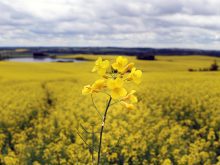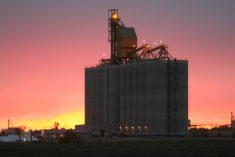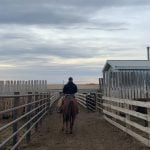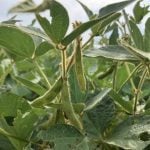The Canadian cattle crisis has forced Allan McLachlan to suspend his university classes and seek off-farm work to maintain the cattle herd that pays for his education each year.
One case of bovine spongiform encephalopathy discovered on a northern Alberta farm in May closed international borders to Canadian beef. It also limited McLachlan’s ability to pay his university tuition.
McLachlan, 20, a third year science student who planned to attend the University of Alberta this fall, relies on about $25,000 worth of income from the fall sale of a 75-head herd he raises on his parents’ farm at Dunvegan, Alta.
Read Also
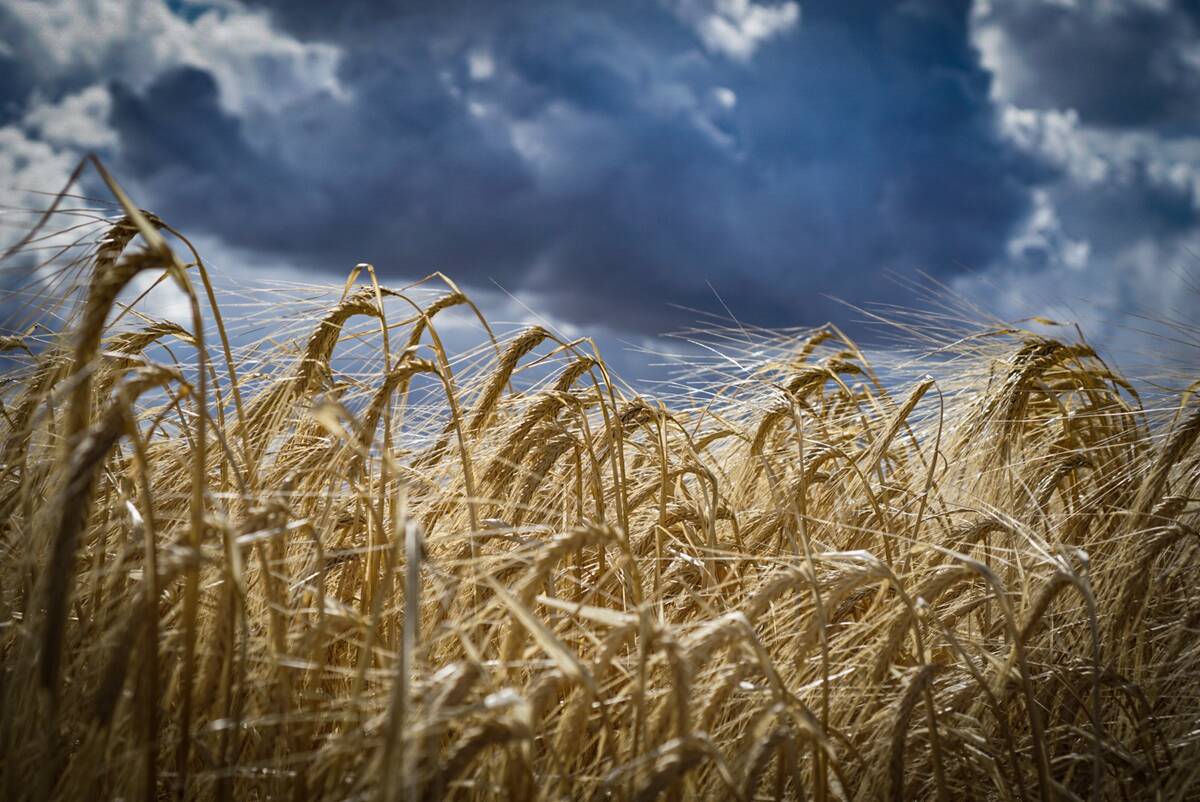
Malting barley exporters target Mexican market
Canada’s barley sector is setting its sights on the Mexican market to help mop up some of the lost demand from China
Normally that money pays university tuition, maintains the remaining herd through the winter and covers loan payments from previous livestock purchases.
This year, his costs could climb if he holds back more animals than usual to avoid the current low prices.
That means staying home to care for his family’s animals while either he or his father works off the farm to pay the bills.
There are many rural students affected by the BSE crisis and dry conditions on the Prairies who will be unable to attend university this fall, said Joe Dolecki, an economics professor at the University of Brandon.
He has asked his university to waive tuition for the 2003-04 school year for those affected and to call on the provincial government to help universities with resulting shortfalls in revenue.
A brief survey of other universities did not uncover similar requests, but one east-central Alberta college expects a drop in enrolments.
Roger Epp, interim academic dean at Augustana University College in Camrose, said many students pay for their education from their farming production each year.
“We may expect to see some drop in enrolment for that reason,” he said. “It wouldn’t surprise me as I know how some pay for their tuition.”
Dolecki, who lives on a farm, said he made the request, in the hopes it would do something tangible to help students and his neighbours.
“This is a catastrophe that’s looming and the full force of it will come when the harvest is in,” he said. “It’s going to be a tough winter.”
With some producers receiving lows of 10-15 cents per pound for their cattle due to the BSE situation, and grasshoppers and heat taking their toll on crops, he said there is mounting concern about farmers’ ability to pay their taxes.
“The university can’t solve the crisis but it’s one of the contributions it can make to offset the dire consequences out there,” Dolecki said.
He said the provincial government is aware of the crisis but unsure what to do to help.
“They’ve got to start somewhere and I propose to start here,” he said.
McLachlan and his cattle are in a holding pattern as they await the outcome of a partial border opening in September.
He is disappointed he cannot attend university but more concerned about farming’s future.
“The big thing is the uncertainty that follows it. If a person can see a end to it, you could plan.”
McLachlan does not expect job hunting to be easy either, noting there are others in the same situation.
“There will be a lot of competition for jobs from students and from farmers needing to pay down their bills,” he said.




